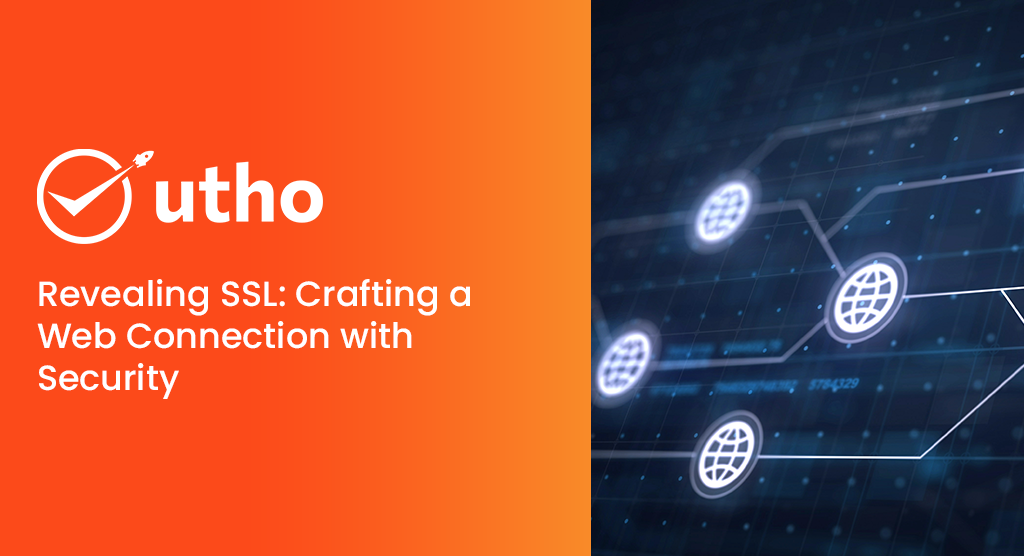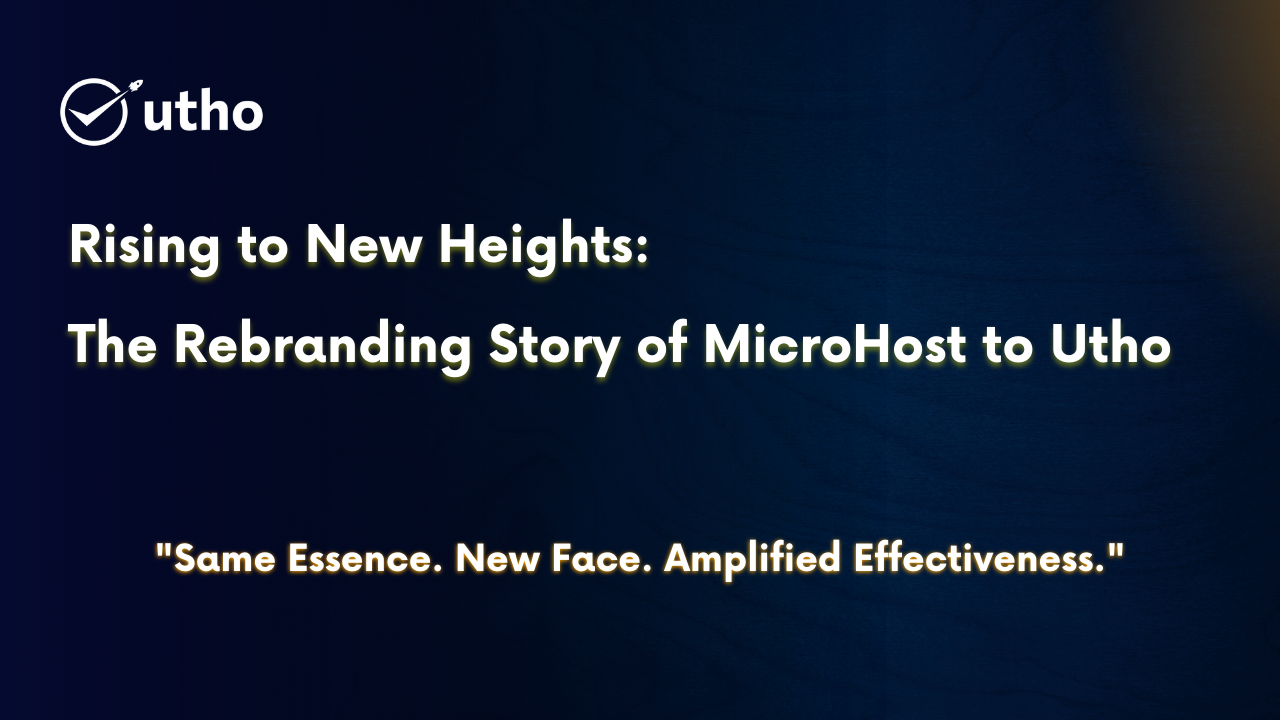In our increasing dependence on the internet, the specter of cybercrime looms larger than ever. The repercussions of cybercrimes go beyond mere financial losses, encompassing risks such as reputational damage, operational disruptions, compromised business continuity, reduced productivity, and, most critically, the potential loss of online infrastructure. Given the escalating threats to businesses, a robust website security solution is absolutely imperative. This is precisely where Secure Sockets Layer steps in.
What does an SSL certificate entail?
An SSL certificate is a digital certificate that verifies a website's identity and facilitates an encrypted connection. Secure Sockets Layer, is a security protocol establishing encrypted communication between a web server and a browser. Businesses use Secure Sockets Layer certificates on their websites to ensure the security of online transactions and protect customer information, maintaining privacy and security.
What are the benefits of a Secure Sockets Layer certificate?
Encryption: Secure Sockets Layer certificates encrypt sensitive data, rendering it unreadable to third parties. This secure data transmission reassures end-users that their information is protected, fostering positive interactions with the website.
Secure Icon: Secure Sockets Layer triggers a secure icon in the address bar, providing visitors assurance that they are on a secure site, safeguarding their credentials. This fosters trust, leading to an increased return on investment (ROI) over time as more customers engage with the site.
PCI DSS Standards: Secure Sockets Layer certificates adhere to specific regulations known as PCI DSS standards. Government-mandated PCI DSS rules require the utilization of the latest encryption standards and a secure connection on the website, ensuring the safety of visitors and customers.
Business Validation: Secure Sockets Layer certificate authorities validate business credentials by verifying related documents, assuring end-users that they are interacting with the correct and verified organization. This instills confidence that their data is secure on the website, protected by robust encryption.
What occurs when your SSL certificate reaches its expiration?
Using an expired SSL certificate triggers browser warnings, causing user apprehension about sharing details on the website due to the risk of eavesdropping by third parties. Eavesdroppers may spy on information and misuse it against users. Swift renewal of an expired Secure Sockets Layer certificate is crucial to maintain user trust; otherwise, it can create a false impression of the company, negatively impacting overall ROI.
What are the various types of Secure Sockets Layer certificates?
Different SSL certificates cater to enterprise needs, involving a validation process for domain ownership and organizational details. Certification types include:
Extended Validation SSL certificate: This Secure Sockets Layer version is crucial for companies aiming to enhance website legitimacy and build visitor trust. To acquire it, organizations must undergo a validation process, affirming domain ownership. This SSL certificate is particularly vital for conducting financial transactions or collecting highly sensitive data on a website.
Organization Validated SSL certificate: This type of Secure Sockets Layer isn't designed for financial transactions; rather, it encrypts user activity data transmitted between the server and the web browser.
Domain Validation SSL certificate: This type of Secure Socket Layer certificate provides only basic encryption with low-level security. It is suitable for blogs and personal websites, but for those needing higher levels of SSL encryption, alternative options should be considered.
Wildcard Validation SSL certificate: This Secure Sockets Layer allows enterprises to use a single SSL protocol certificate purchased for their domain across all subdomains. It presents a cost-effective alternative to obtaining a certificate for each individual subdomain.
Unified Communications SSL certificate: This Secure Sockets Layer version offers SSL certification for multiple domains owned by an organization, covering up to 100 domains with a single certificate.
How does Utho elevate data protection strategy to the next level?
Ensuring security in the cloud and cloud computing is paramount. Utho provides convenient access and streamlined validation processes for all your Secure Sockets Layer protocol needs. We also offer tailored recommendations for the best-suited Secure Sockets Layer offerings based on your specific requirements. Utho extends essential security features to our clients, ensuring the latest cybersecurity protection across every aspect of your organization.




